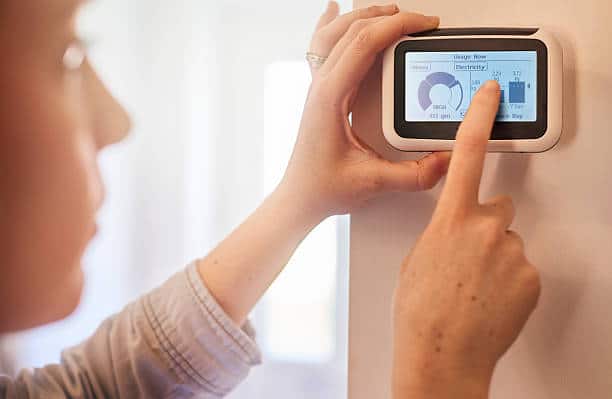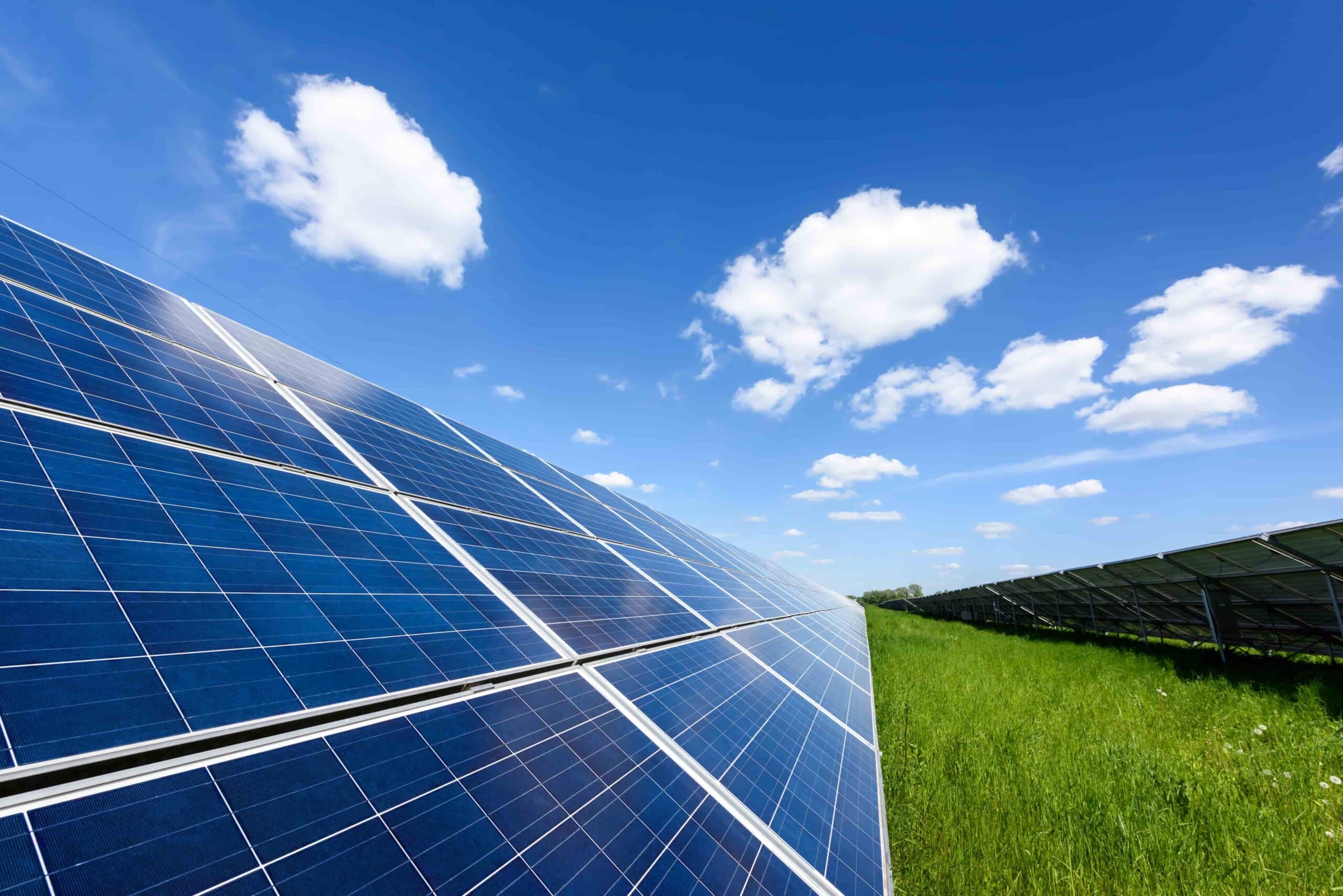Of late, do you think you’ve been consuming a lot of electricity and wasting nearly thousands of pounds on your energy bills? Do you want to keep tabs on your energy consumption through a remote connection and see how you can be more cost effective?
This is where smart meter installation can come in handy!
These devices come with a small display screen and measure how much energy you’ve consumed throughout the day, indicating areas where you can save both money and electricity.
What’s more, when it comes to smart meters in the UK, nearly 23.6 million of these systems were being used in homes at the end of December 2020. It doesn’t end here though; as a matter of fact, it has been predicted that by the end of 2024, nearly 44 million smart meters will be installed in homes. All these people can’t be wrong!
That said, if you’ve made up your mind to get this system installed at home, then you need to know a few things about the same.
At JL Phillips, we’ve put together this handy guide explaining everything (from what is a smart meter and its benefits to when you might receive one) you need to know about this device.
Let’s take a look!
What Is A Smart Meter?
A smart meter is a device that measures your daily energy consumption and provides you and your energy supplier with the respective information.
These smart metering systems are equipped with an in-home digital display that shows how much energy you’ve consumed in real time and how much that will cost you. By providing you with this data, it helps you cut down on your energy bills.
When it comes to smart meters, there are two crucial elements:
- The smart meter itself, which leverages a data network to send auto meter readings to both you and your supplier.
- Its in-home display, which shows the amount of energy consumed and the money that it’s likely to cost.
To find out more about this device and how it functions, get in touch with a professional energy provider like JL Phillips today!
Smart Meter Installation – What Are The Benefits?
Smart meters provide accurate readings of your energy usage, meaning you finally get to put an end to incorrect electricity bills.
What’s more, since your heating supplier will receive accurate meter readings about your daily energy consumption, you won’t have to rely on estimates and can pay for the exact amount of energy you’ve used.
When you get to see and understand the amount of energy being consumed, you can easily control your usage. This means two things for you –
- Lowered energy bills
- Reduced carbon footprint
Add to that, the installation of smart meters will enable you to reap the benefits of advanced time-of-use tariffs. It may also help you get paid for the consumption of electricity; for example, during a windy day, when a lot of energy is produced by wind farms.
Click here to learn more about the benefits of installing smart meters at home.
How Long Does It Take to Install a Smart Meter?
Typically, the installation process for smart meters takes about 90 minutes. However, this also depends on the type of property you live in and the location of other meters.
If you want to find out more about the entire installation process, it’s best to contact a professional energy/heating supplier.
What to Expect from a Smart Meter Installation?
When it comes to installing a smart meter at home, your supplier will firstly ask you to inspect your property for issues so they can be resolved beforehand. They will also ask you whether:
- You have installed a solar panel or other renewable technology at home
- Your current meters are far apart
- Your meters are inaccessible
- You’ve installed a multi-rate meter
- Your area has signal issues
Once these questions have been addressed, they will conduct an inspection of your current heating unit and other appliances, collect readings from the old meters and then begin with the installation process.
Finally, when these smart metering systems are installed, the supplier will do a trial test to confirm everything is working fine.
What Data Will Be Collected Through the Smart Meter?
While these devices record your electricity and gas usage, they don’t share or store personal data like your bank details, name or address.
Moreover, since information regarding your energy consumption is your data, you have the option to do whatever you want with it and decide whether it can or can’t be shared.
You can select:
- How often your smart meter should share information with your supplier
- Whether you want to share your data with other companies
- Whether your energy supplier can send the information to other organisations
- If your energy consumption data can be used for marketing and sales purposes.
How is Your Data Protected?
As per SMICoP (Smart Metering Installation Code of Practice), all the crucial data of a consumer needs to be protected at all times. It’s also important to ensure that the installation process takes place in a safe environment while adhering to all the data protection standards.
Additionally, when it comes to smart meter installation, you have complete control of what data should and shouldn’t be collected or shared.
You can speak with an experienced supplier if you want to know more about the type of data that will be collected through smart meters.
What If You Have Already Installed a Smart Meter?
If you’ve already installed a smart meter, then you might need to get it replaced before 2024.
This is primarily because your current meter might not be equipped with the technical specifications that are required by law. Moreover, some of the old meters won’t allow you to easily switch between suppliers while also making it difficult to access future services.
Second gen models (known as SMETS2), on the other hand, enable you to access all these future services, making it a more cost effective option.
Contact JL Phillips for Professional Renewable Technology Installation
Alongside smart meter installation, having a renewable heating system at home can also help you trim down your heating bills.
Get in touch with the professional heating engineers at JL Phillips to install these systems today. You could either give us a ring on 01636 642790 or book your free quick quote here!




